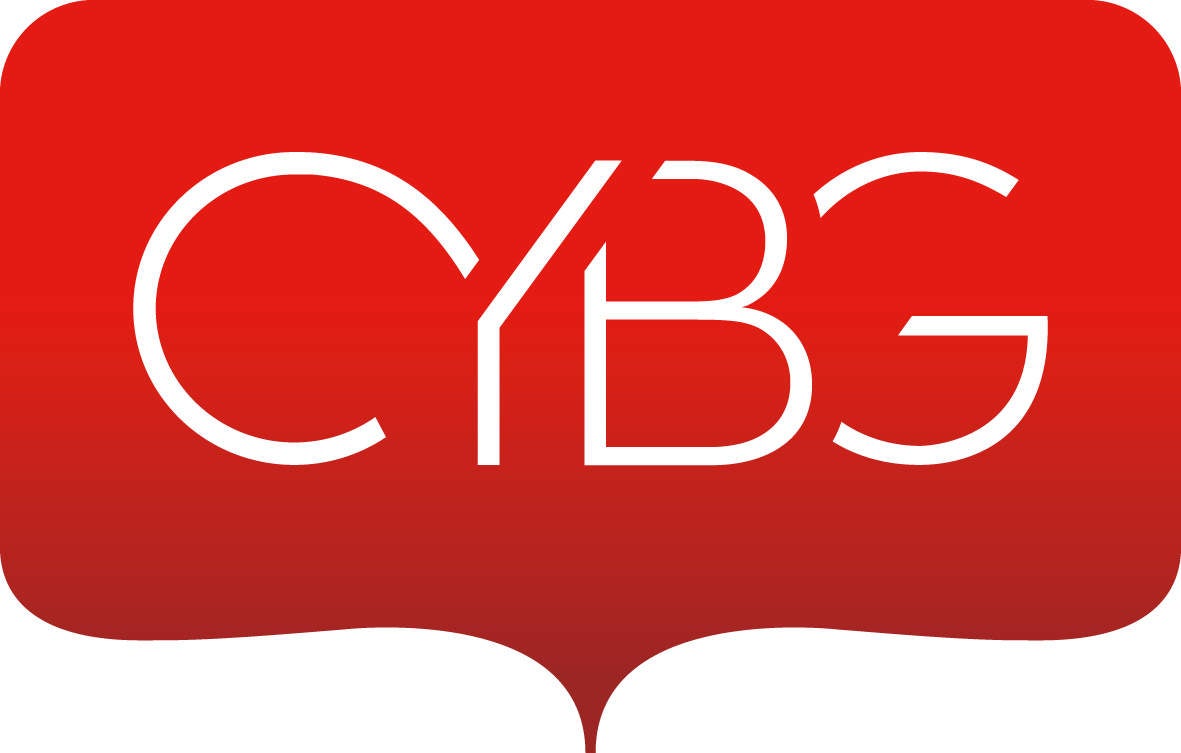CYBG is to dump the Clydesdale and Yorkshire Bank brands as a consequence of its successful all-share offer for Virgin Money.
The combination of CYBG and Virgin brings together the UK’s two largest challenger banks.
On day one, the group will double in size, serving six million customers with total lending of around £70bn. It will also be double the size of the nearest challenger bank.
From a business perspective, there are strong grounds to argue that the CYBG/Virgin marriage makes perfect sense.
The deal makes less sense, to this writer at least, from a branding perspective.
The new bank is preparing to dump an established Scottish brand dating back to the formation of Clydesdale in 1838.

US Tariffs are shifting - will you react or anticipate?
Don’t let policy changes catch you off guard. Stay proactive with real-time data and expert analysis.
By GlobalDataThe brand was retained when acquired by Midland Bank in 1920; when Midland sold the Clydesdale to National Australia Bank in 1989, the former’s brand survived.
NAB’s UK unit was at times troubled and it made an estimated loss of £2bn when it exited the UK in 2016 following CYBG’s listing via an IPO.
The end of Clydesdale-branded banknotes?
Along with RBS and Bank of Scotland, Clydesdale has retained the right to issue its own Clydesdale branded banknotes.
That right, one presumes, will end when CYBG rebrands all of its operations to the Virgin Money brand over the next two to three years.
Yorkshire Bank dates back to 1859 while the third brand set to be axed, digital sub-brand, B, was only launched in February 2016.
CYBG has a full product range, established retail and SME franchises and an advanced, Open Banking ready digital platform.
Virgin has punched above its weight in the mortgage and credit cards sectors.
Branches overlap, single brand means further closures
Clydesdale Bank currently operates a Scotland-based branch network of 71, down from 111 at the start of 2017.
Yorkshire Bank’s branch network shrunk from 137 to 99 during 2017.
Virgin Money operates a network of 73 outlets.
The press statement confirming the deal is silent on the new bank’s plans for its branch network; with a degree of branch overlap and a single brand strategy, further branch closures can be forecast.
According to the CYBG, the financial rationale for the deal includes:
- Significant synergies including a pre-tax run rate cost synergies of £120m by the end of the third year post completion;
- A diversified, customer-centric funding model positioned towards lower risk assets, with 77% customer deposit funding;
- A diversified, low-risk asset portfolio, with circa 83% of lending weighted towards high quality, low risk mortgages;
- A strong pro-forma capital position with a CET1 ratio from day one of over 12%, with a significant buffer to regulatory requirements, and
- Accelerated delivery of CYBG’s financial targets resulting in material EPS accretion for all shareholders once full cost synergies are delivered and acceleration of progressive dividend polices, supported by strong capital generation.
David Duffy, Chief Executive of CYBG, commented:
“The combination of CYBG and Virgin Money will create the first true national competitor to the status quo in UK banking, offering a genuine alternative for consumers and small businesses.
“By combining two of the UK’s leading challenger banks, we will create a national, full service bank with the capabilities needed to compete effectively with the large incumbent banks. We are bringing together CYBG’s 175-year heritage in serving retail and SME customers and advanced digital technology, with the iconic Virgin Money brand and consumer champion credentials.
“Together we will serve around six million customers, with the scale, capabilities and financial muscle to disrupt the status quo – and with a clear ambition to provide our customers with the best service in the UK.”









